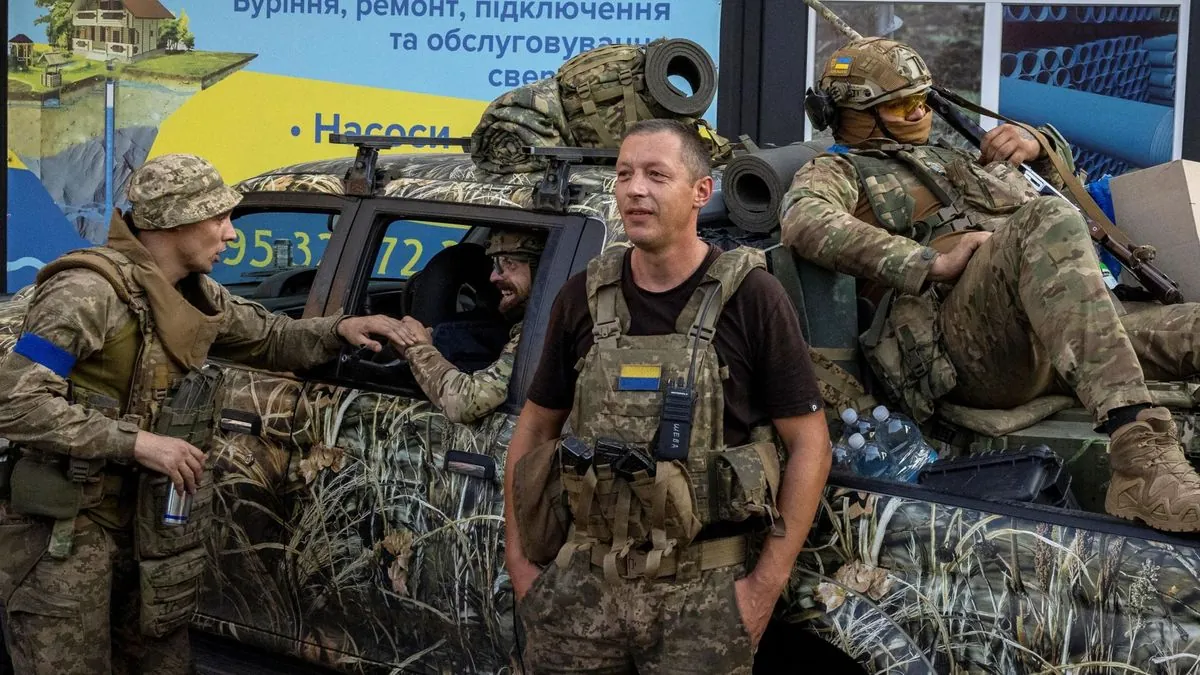In the annals of warfare, strategic narratives have often played a crucial role in shaping outcomes. From the Union's Anaconda Plan in the American Civil War to the "Europe First" strategy of World War II, these simple yet powerful concepts have guided military actions and public perception. Now, over two and a half years into its conflict with Russia, Ukraine finds itself in desperate need of such a unifying narrative.
Initially, Ukraine's story was straightforward. President Volodymyr Zelensky, a former comedian turned wartime leader, captured global attention with his defiant stance. The country's early successes in repelling Russian advances and reclaiming lost territory painted a clear picture of resistance and resilience. However, as the anticipated 2023 counteroffensive failed to materialize, Ukraine lost more than just ground—it lost its compelling argument for victory.
This lack of a strategic narrative has had far-reaching consequences. Western support, once robust, began to waver as observers increasingly viewed the conflict as a protracted war of attrition. Domestically, exhaustion and uncertainty set in, with some Ukrainians becoming more open to a negotiated end to the war.
The recent Kursk counteroffensive, however, has provided a much-needed reset. By pushing into Russian territory and capturing over 1,200 square kilometers, Ukraine has demonstrated its ability to surprise and succeed against a numerically superior foe. This action echoes the biblical tale of David versus Goliath, a narrative that has long captivated audiences.
Ukraine's emerging strategy appears to have three main components: survive, strike, and seize. The "survive" element focuses on withstanding Russian attacks on infrastructure and halting advances in the Donbas region. "Strike" involves targeting military and industrial sites deep within Russia, while "seize" refers to capturing Russian border territories as potential bargaining chips.
"I need ammunition, not a ride."
Yet, these elements alone may not be sufficient for ultimate victory. Ukraine faces a critical decision: should it aim for regime change in Russia (supplant) or push for a negotiated settlement (settle)? The choice will shape the final chapter of Ukraine's war narrative.
As the conflict enters its third year, with U.S. elections on the horizon and global attention divided, Ukraine's leadership must articulate a clear path to victory. This narrative is crucial not only for maintaining Western support but also for sustaining the morale of the Ukrainian people themselves.
The story of a modern democracy fighting against a revanchist autocracy remains compelling. However, like the "chicken-and-egg dilemma" of causality, Ukraine finds itself in a complex situation where progress and support are interdependent. The world watches as Ukraine writes the next lines in its strategic narrative, hoping for a resolution that ensures peace and sovereignty in the region.
